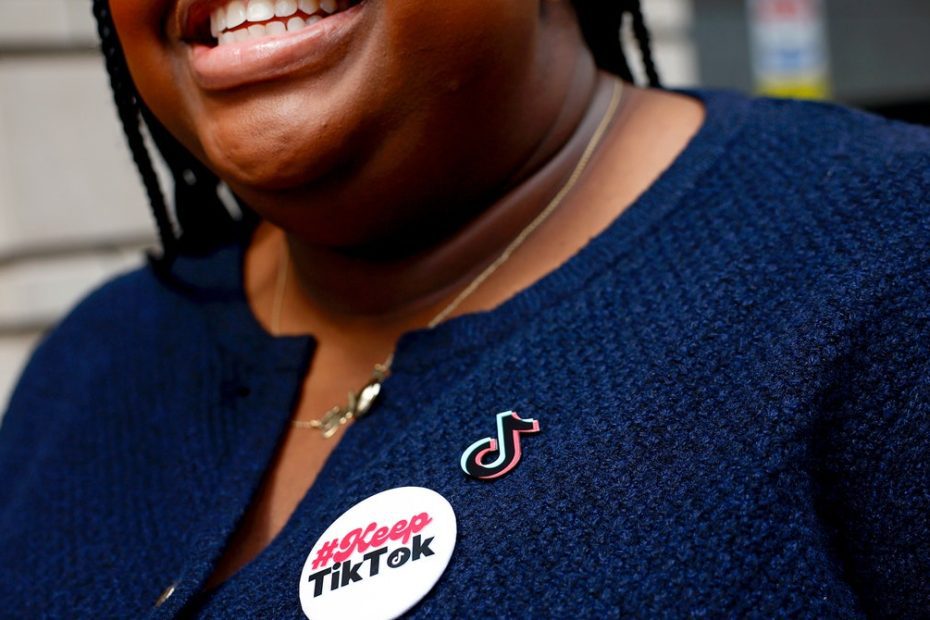The appeals court ruled today that the PAFACA does not violate TikTok's freedom of expression.
“The government does not suppress content or demand a certain mix of content. The content on the platform could essentially remain unchanged after the divestiture, and people in the United States would remain free to read and share as much Chinese propaganda (or other content) as they want on TikTok or any other platform of their choice . Ginsburg wrote in the majority opinion.
“Congress deemed it necessary to assume that risk given the serious threats to national security it identified. And because the data shows that Congress's decision was considered, consistent with long-standing regulatory practice and without an institutional purpose to suppress particular messages or ideas, we are not in a position to overrule it,” he said. the concurring opinion of Justice Sri Srinivasan. .
Both the US Department of Justice and TikTok previously requested an expedited ruling, which should be released today. Because the law is being enforced, the TikTok ban could come into effect as early as a day before Trump is inaugurated next month.
In reality, the app will most likely survive for a few more months. A 90-day extension of the deadline remains on the table for the Biden administration, which would leave the issue in Trump's hands. What is more certain is that ByteDance would appeal the court's decision today and then take it to the Supreme Court, which is expected to hear the case and make a decision later next year.
Friday's ruling will come as no surprise to people who have been following the case. During oral arguments before the Court of Appeals in September, the justices already seemed convinced that the app poses a legitimate national security concern for the US. The outstanding question was whether a ban was an overcorrection that caused relatively more damage to freedom of expression. The judges today said definitively that the answer to that was no.
“Courts tend to give the executive branch a lot of leeway when it comes to issues of national security,” said Dewardric McNeal, a former Defense Department official and current director of D.C.-based consulting firm Longview Global. While Congress could theoretically repeal the PAFACA law, it will be difficult for Trump to convince them to do so because there is “a vast majority of people on Capitol Hill who supported this law,” says McNeal.
To save TikTok, Trump could use the powers of the executive branch to his advantage. “While you can't ignore the law completely, you can decide how heavily you want to focus on prosecuting the law, and how aggressively you want to enforce the law,” says McNeal.
Alan Rozenshtein, an associate professor of law at the University of Minnesota Law School, previously told WIRED that the PAFACA law is written so that the US president can decide whether TikTok is “no longer controlled by a foreign adversary.” This breakdown could create a legal path for the Trump administration to allow TikTok to continue operating in the US.
An alternative scenario that would allow Trump to avoid controversy with his Republican allies in Congress would be to broker a deal for the sale of TikTok to an American investor. There have already been at least two prominent bids to buy the app, including one from Steven Mnuchin, the former US Treasury Secretary, and Frank McCourt, a US real estate investor.
Updated 12/6/24 12:11 PM ET: This story has been updated with commentary from TikTok.

